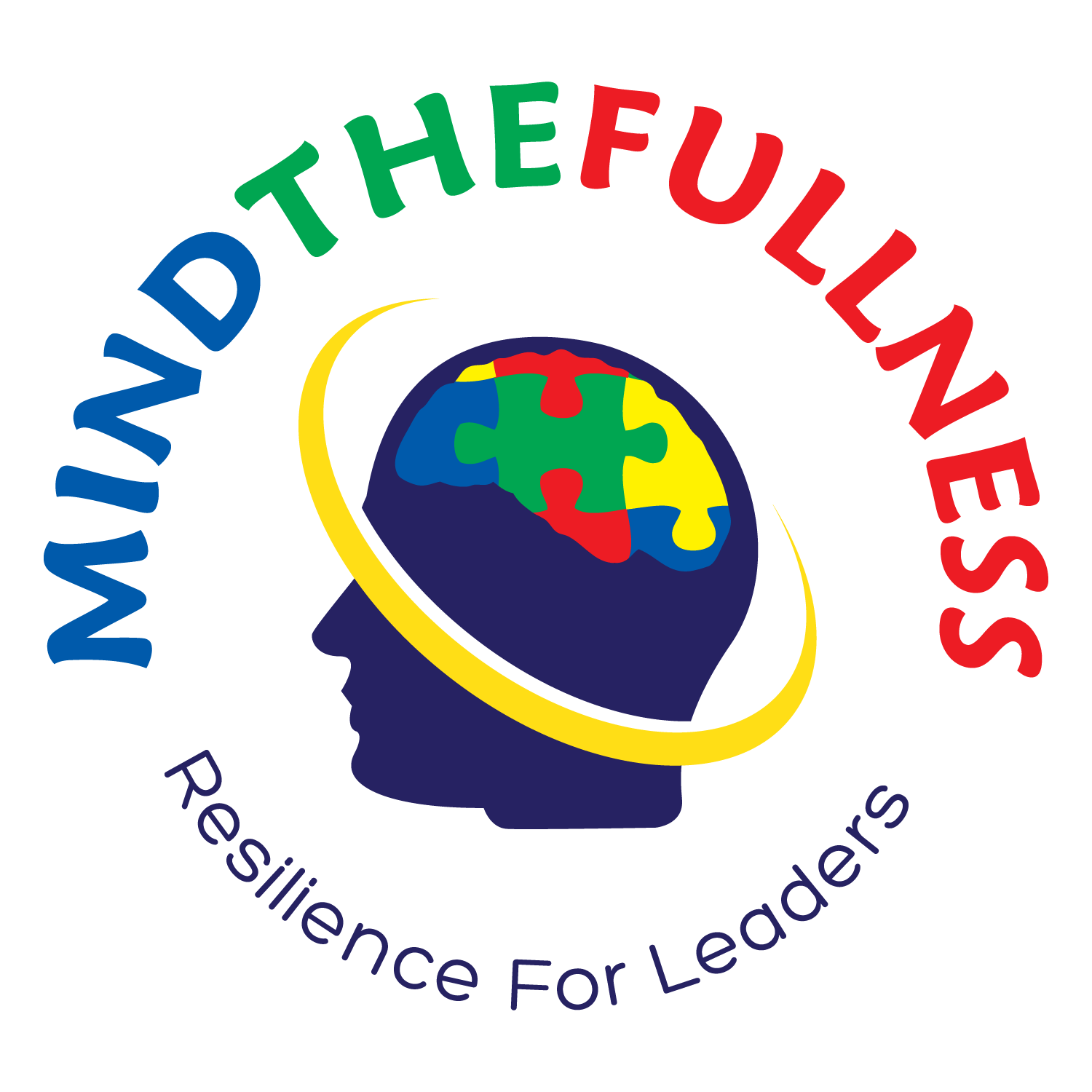Productivity: WHAT do you want to work on?
In the early days of algorithmic trading, I worked with a lovely chap who was consistently the most contented of all of my colleagues. He’s now Managing Director at one of the most prestigious investment banks on the planet and reports that he’s still as content and happy as he ever was. What’s his secret? The work he does is challenging, genuinely interesting and fun to him. He admits to writing code on his train commute – that’s how much he enjoys it. As technology expands work horizons in every industry the process of reflecting on the work content that stimulates and engages you most is a useful exercise at any stage in your career. The ‘state of flow’ (Csikszentmihalyi, 2008) is a concept characterised by being fully absorbed in what you’re doing while you’re doing it and for those who experience it as ‘being in the zone’ like my former colleague, it’s common not to clearly distinguish between work and play. So what is it that you really want to work on, now and next?
Preferences: what do YOU want to work on?
One of the core elements of emotional intelligence is self-awareness (Bar-On, 2004). While it used to frequently be stigmatised as ‘navel-gazing’, it’s what every successful leader and seasoned professional now readily acknowledges as a necessity in order to find effective ways to manage stress, avoid burnout and thrive in the workplace. There’s no ‘one size fits all’ as we each have two cognitive systems, emotional and rational (Schrage, 2003), working in unison but not always necessarily complementary to one another. Sometimes the waters are murky when it comes to articulating your genuine desires, needs and wants at work when there are two sides (thinking/feeling) to the same coin (you). If you feel passionate about the work you’re doing, and think it matters then you’re probably on the right track, as it’s likely that you’re well aligned to your professional values. That makes an easier task of obtaining clarity around your preferences in the type of work you do, and how you do it. So what is it that you really want to work on, now and next?
Potential: what do you want to WORK on?
There have been times in my career when imposter syndrome (Dalla-Camina, 2018) has thwarted my progress. Many years ago in one particular role, I used to sneak off at work to the internal, onsite library to look up things that I really felt I ought to know. I felt downright incompetent as no matter how hard I tried I just couldn’t get some things to stick in my memory.
One of the numerous indirect advantages of the rapid advancement of technology for those working in the field of technology is that no-one can possibly know all the answers. This has given rise to new ways of working such as Agile and DevOps, requiring increased levels of collaboration and the necessity to try things out at a quicker pace with a higher risk of failure. Learning & Development isn’t on the periphery anymore, it’s a core function if business objectives are to be met. And the good news for everyone in the workplace is that acquiring new knowledge, skills and capabilities is (or absolutely should be) a standard part of every job description. So what is it that you really want to work on, now and next?
BAR-ON, R. (2004). The bar-on emotional quotient inventory (eq-i): Rationale, description and summary of psychometric properties. In: GEHER, G. (ed.) Measuring emotional intelligence: Common ground and controversy. New York: Nova Science Publishers.
CSIKSZENTMIHALYI, M. (2008). Flow: The psychology of optimal experience, Harper.
DALLA-CAMINA, M. (2018). ‘The reality of imposter syndrome’. Psychology Today
SCHRAGE, M. (2003). ‘Daniel kahneman: The thought leader interview’. strategy+business

